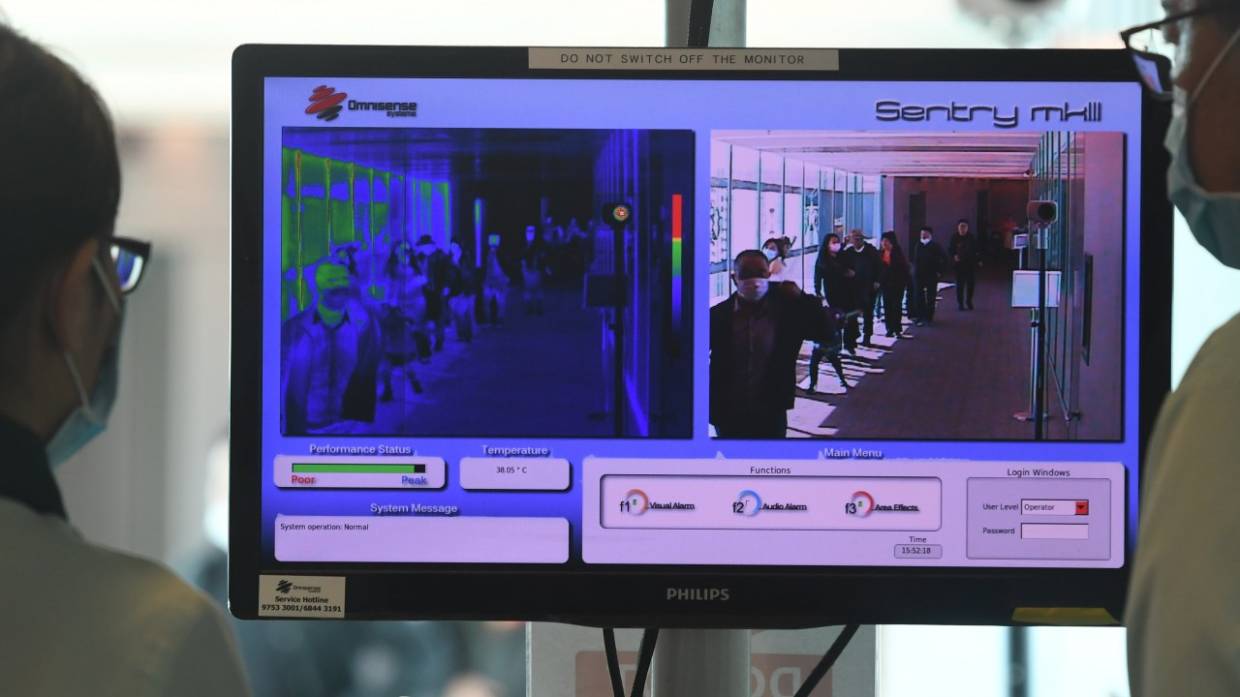One of the news items currently shaking the world right now is that of the novel coronavirus, which seems to be going nowhere anytime soon. With the passing of each day, it appears that the viral infection has made its way into yet another country, while medical researchers are battling hard to combat the problem.
As the disease is highly contagious, it just makes sense that measures be put in place to ensure people with the virus – or suspected to be with it anyways – do not infect others in the same vicinity. Because the virus also has an incubation period, it might not be easy to nip this problem in the bud.
Possible Problem Areas to Focus On
China is home to billions of people. That said, it should also be noted that this is the kind of environment that will foster the easy spread of the disease. Thus, it is essential to approach crowded areas such as railway stations, airports, subways, and even hospitals with effective measures to ensure they don’t become breeding spots for carriers and possibly infecting others.
Airports and other such entry/ exit points to the country are significant areas to be considered. This can help prevent the spread of the disease to other parts of the world so that it can be better contained when a definitive cure has been introduced.
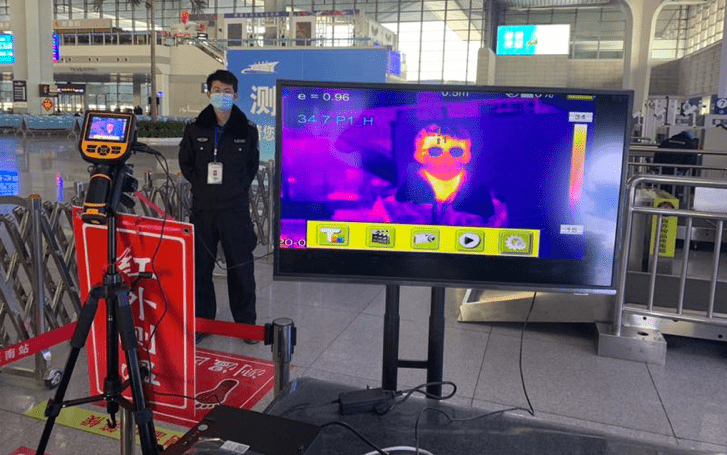
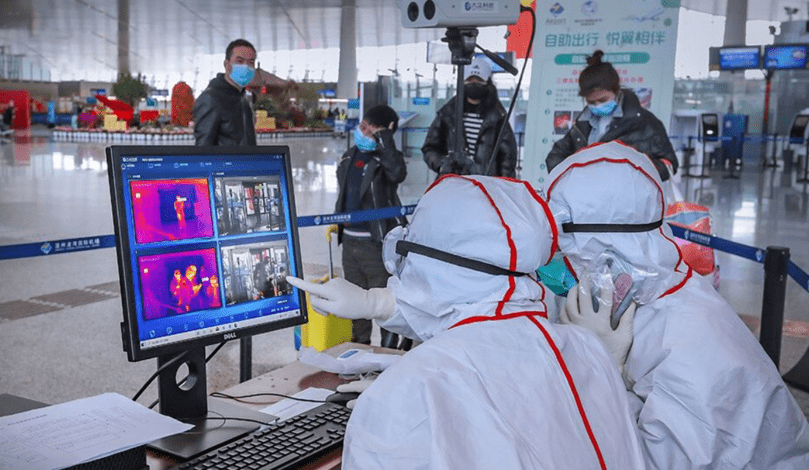
How This Can Be Done
Fever is one of the symptoms of virus carriers. Thus, one of the most non-intrusive ways to identify possible carriers of this virus is by deploying a wide range of thermal camera temperature measurement tools across these sensitive points.
As the name implies, a thermal imaging device is capable of capturing and recording the temperature of different bodies in the area which it is directed at. Besides, they are also able to create a temperature profile in real-time on the computer screen for the body which they are capturing, helping to determine what is normal from what is not.
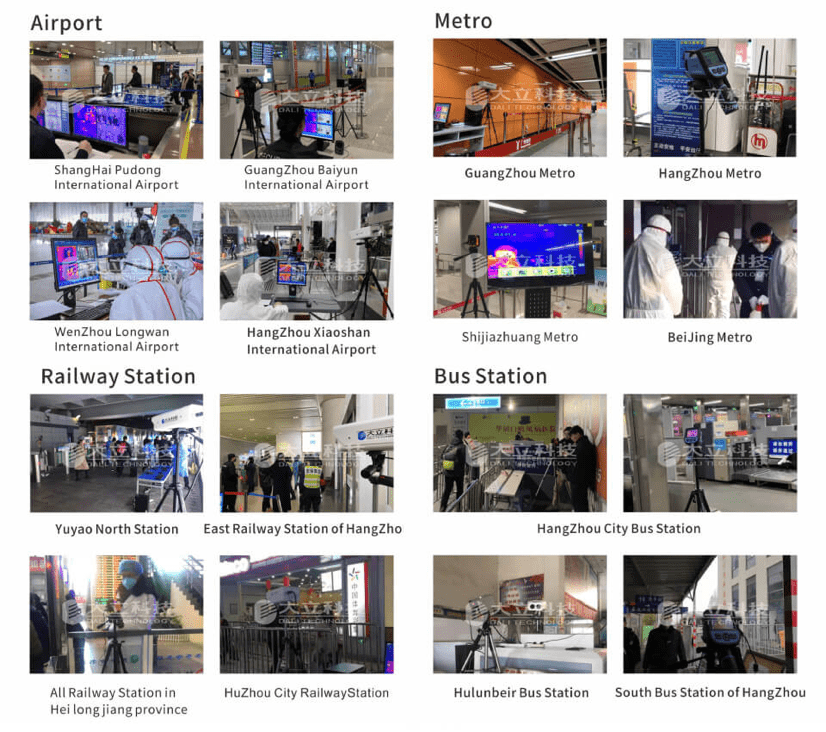
A thermal camera will effectively avoid cross infection and improves the traffic efficiency in intensive areas for that it overcomes the shortcomings of traditional thermometers specially designed for individual detection. It can scan all passers-by at the same time through a long-distance, non-contact way, and display the temperature of each body in real-time.
In fact, random selection can not only lead to profiling and harassment but cases of actual infected individuals slipping under the radar. However, the overall screening of thermal imagers can effectively control the spread of the virus to reduce the number of infected people.

To make sure this works well, a safe and convenient thermal imaging device that is suitable for long hours of operation will be necessary in airports, stations, hospitals, etc.
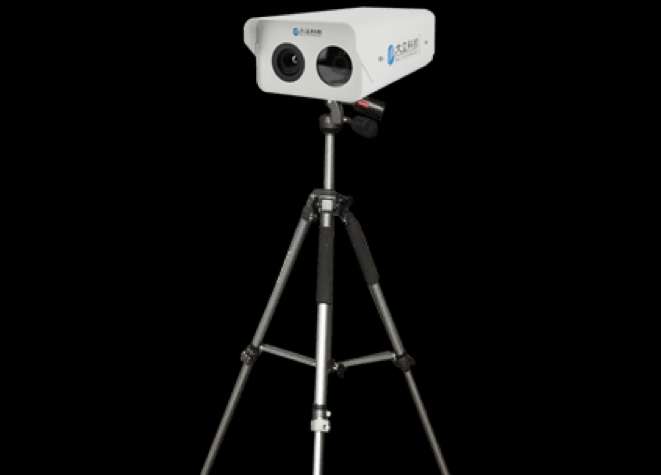
Such cameras are the Dali DM60-W Series, which also feature auto-calibration and smart alarm function, among other things.
During the whole period of epidemic containing, thermal imagers of Dali have played a vital role in Hangzhou East Railway Station, Shanghai Pudong International Airport, Zhong Nan Hospital of Wuhan University, and other places with a large flow of people in China, which has dramatically improved the accuracy and efficiency of epidemic containing.
Deployed right, this could be key in ensuring the cases of new infections are kept at bay while unaware carriers are properly treated too.



